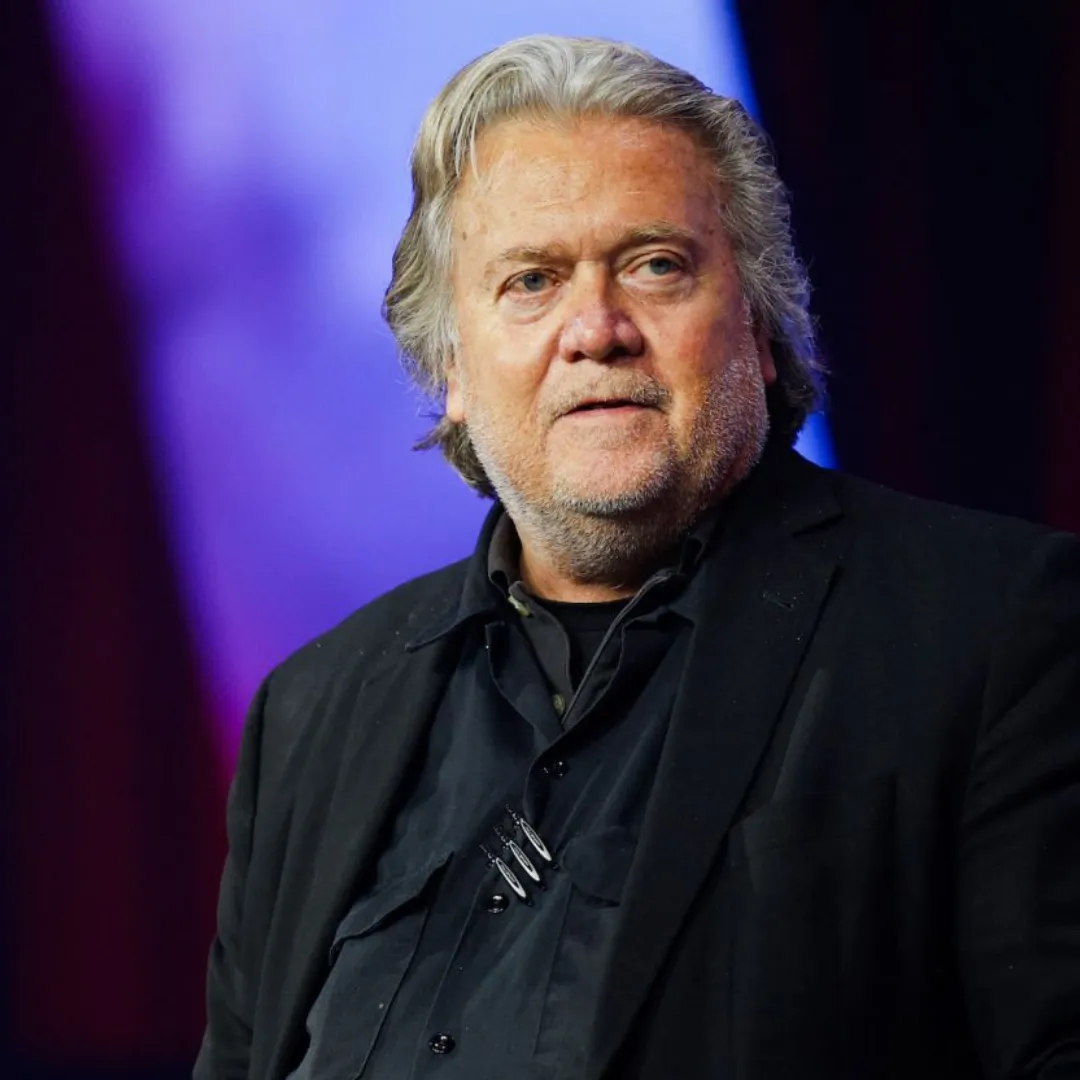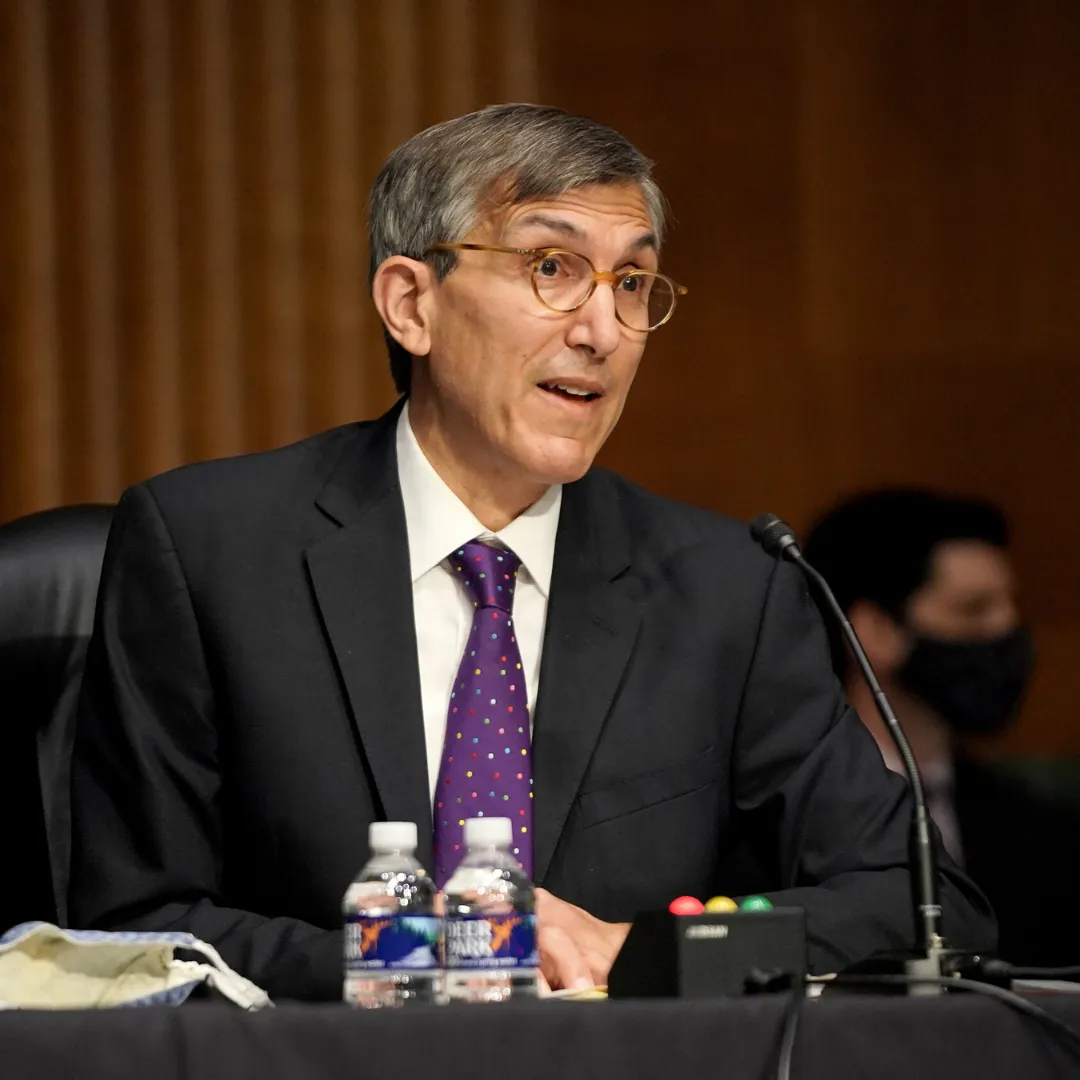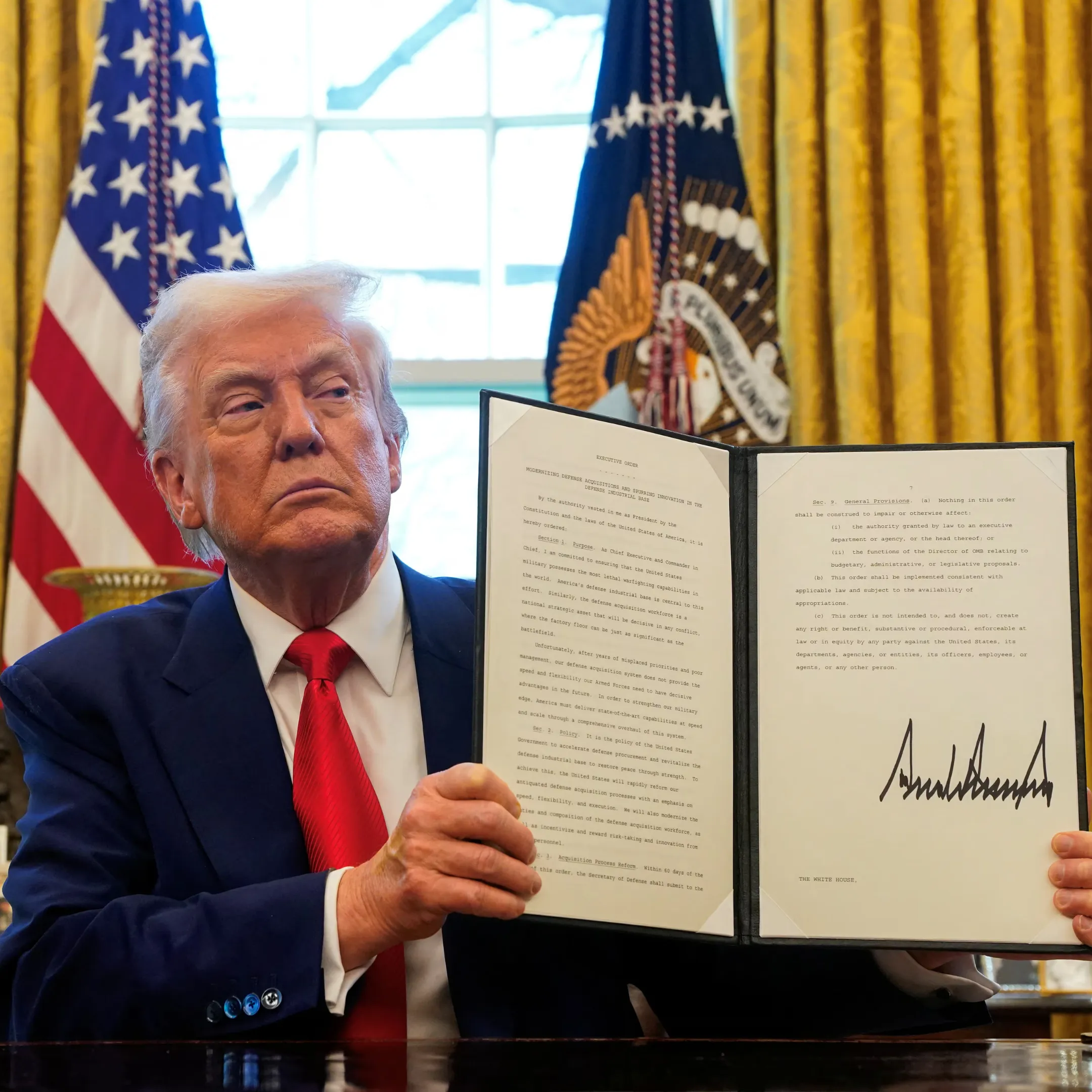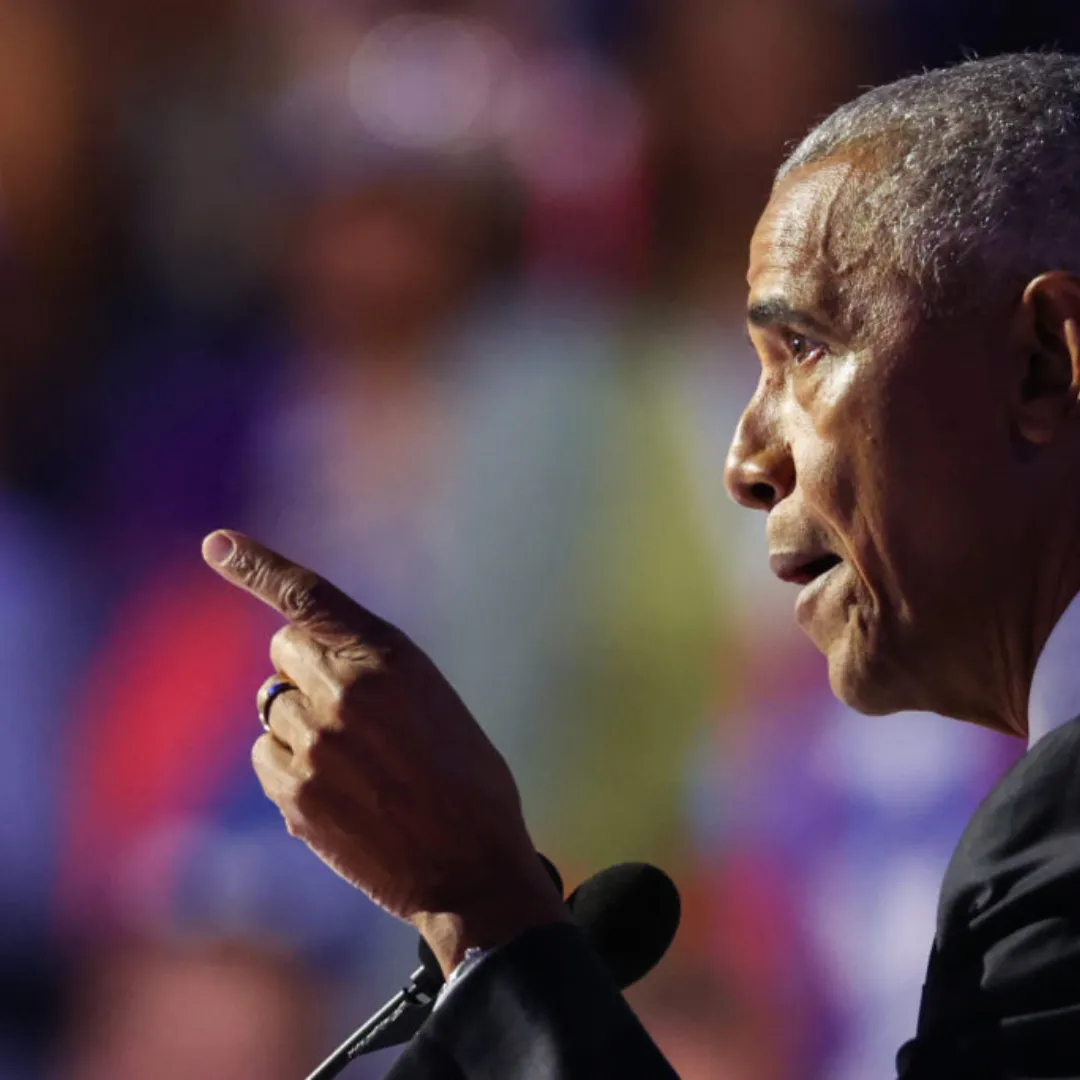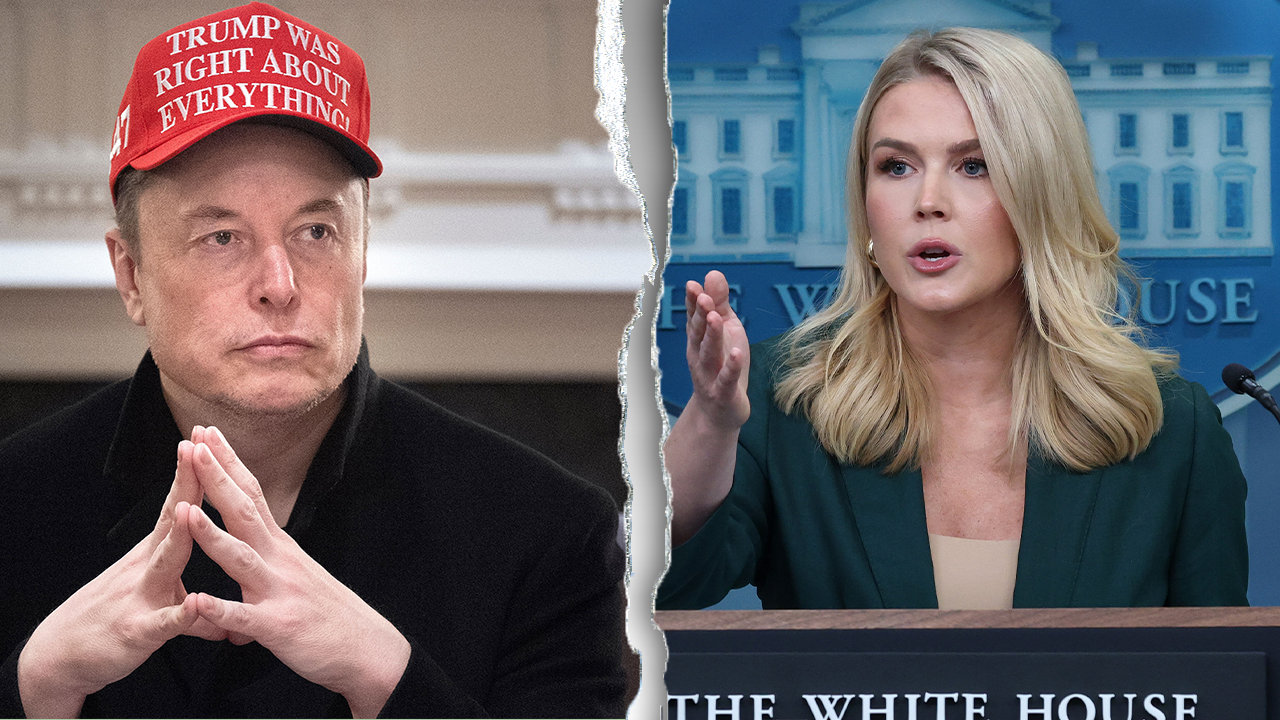
The fallout from the now-infamous SignalGate scandal intensified on Thursday as House Democrats voiced fierce opposition to the White House’s decision to involve tech mogul Elon Musk in the investigation. The probe, which centers around the accidental inclusion of a journalist in a Signal chat discussing U.S. military actions, has become a lightning rod in the debate over national security, digital communications, and political accountability.
The controversy erupted earlier this month when The Atlantic revealed that its editor-in-chief, Jeffrey Goldberg, was mistakenly added to a private Signal group chat. The chat included top national security officials from the Trump administration and allegedly involved real-time discussions about U.S. strikes on Houthi rebels in Yemen.
Now, as the White House attempts to contain the political and national security fallout, its move to enlist Elon Musk in the investigation has drawn swift and scathing backlash — not from political rivals, but from within Washington itself.
On Thursday, White House Press Secretary Karoline Leavitt confirmed that Musk’s team would be working in collaboration with the National Security Council and the White House Counsel’s Office to investigate how Goldberg ended up in the Signal group. According to Leavitt, Musk’s cybersecurity advisors — who are reportedly tied to the Department of Government Efficiency, a recently created body under Musk’s partial control — were tasked with identifying the source of the breach.
Leavitt argued that Musk's team brought "critical expertise in digital infrastructure and platform security" and was "well-positioned to evaluate Signal's vulnerabilities."
But for Democrats, the move was nothing short of absurd.
The Democratic Congressional Campaign Committee (DCCC) wasted no time making their disdain public. In a scathing post on X (formerly Twitter), they wrote: “It must say ‘dumb f***in idiot’ written across all our foreheads.” The message captured a growing sense of disbelief among Democratic lawmakers who feel the administration is misjudging the magnitude of the security breach — and who question the credibility of the person now involved in investigating it.
The SignalGate saga began with The Atlantic's blockbuster report revealing that Goldberg, a veteran journalist with decades of experience covering U.S. foreign policy, had received confidential messages in real time from a group chat that included several of the nation’s most senior security officials. Among them were:
-
National Security Adviser Mike Waltz
-
Secretary of Defense Pete Hegseth
-
CIA Director John Ratcliffe
-
Secretary of State Marco Rubio
-
Vice President JD Vance
-
White House advisor Stephen Miller
While the Trump administration continues to insist that no classified information was shared in the chat, screenshots obtained by The Atlantic tell a different story. The messages reportedly included discussions of specific military targets, strike timings, and the types of weapons being used — all details that would typically be considered top secret in any operational planning context.
What made the situation worse, critics argue, was the cavalier manner in which high-level officials used an encrypted commercial app to communicate such information — and the apparent lack of awareness that they had inadvertently invited a journalist to the conversation.
The appointment of Elon Musk to assist in the investigation has only fueled the fire. Musk, while known for his technological prowess, has become a polarizing figure due to his controversial management of X, his recent involvement in government restructuring, and what critics describe as a casual attitude toward information security.
Over the past year, Musk has been accused of allowing lapses in content moderation and security protocols on X, which some say contributed to the spread of disinformation and harassment on the platform. His critics point out that his own platforms have been targeted by hackers, and that under his leadership, trust and safety teams were gutted.
“Why would anyone put Elon Musk in charge of national security oversight?” one House Democrat, speaking anonymously, asked. “The man can’t even manage spam bots on his own platform.”
Adding Musk to the investigation, Democrats argue, doesn’t just signal poor judgment — it sends the wrong message to allies and adversaries alike: that the United States is treating a serious security breach with a shrug and a billionaire’s phone number.
The core of Democratic frustration lies in what they see as a disconnect between the severity of the breach and the administration’s response. Multiple lawmakers are now calling for a bipartisan review of how digital communications are handled at the highest levels of government — and for new guardrails around the use of messaging apps in national security contexts.
“There are protocols for a reason,” said Rep. Chrissy Houlahan (D-Pa.), a former Air Force officer. “You don’t discuss military operations over a messaging app, and you certainly don’t assign an unvetted civilian — no matter how rich or famous — to investigate how it happened.”
For many Democrats, the SignalGate controversy has become symbolic of broader concerns about the Trump administration's disregard for traditional processes and safeguards.
Sen. Sheldon Whitehouse (D-R.I.) called it “yet another example of this administration’s ‘wing it and tweet it’ approach to governance.”
While Democrats have been vocal, Republican response has been more mixed. Some, like Sen. Ted Cruz (R-TX), acknowledged the inclusion of a journalist in the Signal chat as “obviously a mess” but rejected calls for an inquiry, labeling them a “partisan stunt.”
Others are reportedly growing uneasy behind closed doors. NBC News reported on Thursday that a growing number of Republicans are calling on Trump to dismiss Mike Waltz, the official who added Goldberg to the chat.
According to anonymous sources, some Trump allies are pressuring the White House to show accountability and take the breach more seriously.
“There’s real concern that this makes us look sloppy — and soft,” said one senior GOP strategist. “Not something you want heading into a national election cycle.”
Despite mounting criticism, the White House has held firm. In a follow-up briefing Thursday evening, Leavitt reiterated that Musk’s involvement was “temporary and technical,” and that the National Security Council remained in charge of the investigation. She added that no formal announcement had been made about Musk taking over the investigation and insisted his team was there “strictly in an advisory role.”
But the damage may already be done. With new messages surfacing from The Atlantic, and Musk’s name now tied to the probe, the SignalGate scandal seems far from over.
The irony of assigning a man who has criticized government bureaucracy to now play a role in a national security review is not lost on Washington — nor are the political ramifications.
The investigation into the Signal leak is ongoing. With increasing calls for accountability, both parties may be forced to confront not just the specific incident, but the broader issue of how America’s top officials handle digital communication in an age of cyber threats and global scrutiny.
If the SignalGate fallout continues to grow, it may shape how voters view the Trump administration’s second term — and how seriously the country takes its national security responsibilities.



